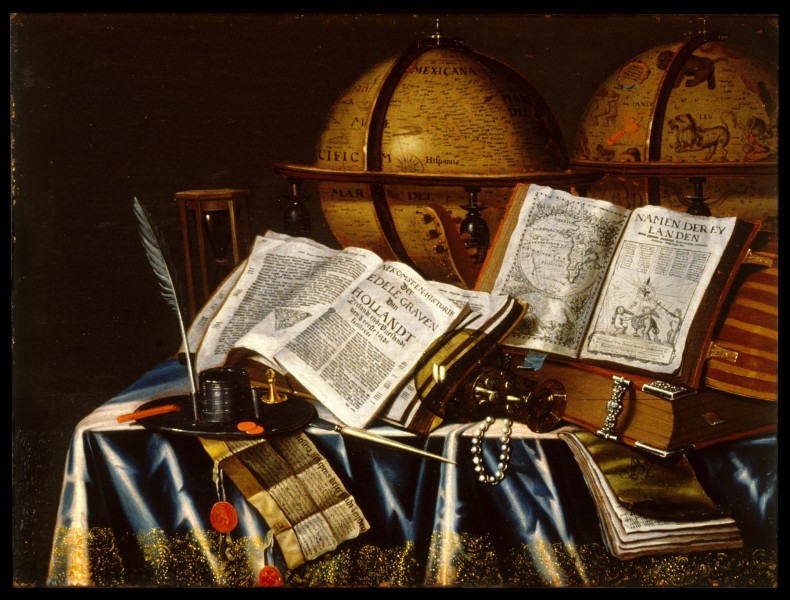When the pandemic set in, our daily routines were drastically altered. And although it’s been disruptive, a silver lining of the “new normal” has been having more time to do the things we love—like reading.
In this, the second part of our ongoing series, catch up with Tafelmusik’s orchestra, choir, and staff members, to hear more about what books they are reading, and how they reflect our current lives.
Have a recommendation in your own? Please share what books you are reading, and why, in the comments.
John Abberger, oboist
The Plague, Albert Camus
“I’ve been reading The Plague by Albert Camus. It describes a fictional outbreak of bubonic plague in a North African town in the early 20th century. Reading this description of the psychological impact of the pandemic on the citizens is truly interesting and very apropos to what we are living through at the moment.”
Charlotte Nediger, harpsichordist
My Private Property, Mary Ruefle
“Although I tend towards narrative fiction, my daughter Madeleine is drawn to creative forms, and gave me a copy of Mary Ruefle’s My Private Property, a selection of short essays framed throughout with a series of captivating prose poems in which she muses on metaphors for sadness, arranged by colour. A short sentence at the end of the acknowledgements (the page most people skip!), she suggests that if you subsitute the word happiness for sadness in the colour pieces, “nothing changes.” I find myself endlessly re-reading those pages.”
Katie Norman, associate development director
Finding Winnie: The True Story of the World’s Most Famous Bear, Lindsay Mattick, Illustrated by Sophie Blackall
“I took my daughter Isla to the Winnie the Pooh exhibit at the ROM recently, because she loves Winnie-the-Pooh and she picked this book up at the gift shop. As the title suggests, this book tells the true story of a rescued baby bear who inspired A.A. Milne to write the stories we know today. Lindsay Mattick is the great-granddaughter of Captain Harry Colebourn, the soldier who rescued the bear from a trapper and took him all the way to London. It’s beautifully illustrated and includes copies of actual photos of Winnie and Harry in Winnipeg and London (she became their mascot).”
Carol Kehoe, executive director
Our Hearts Are As One Fire, Jerry Fontaine
“A new argument by Jerry Fontaine on how Anishinabeg need to reconnect with non-colonized modes of thinking, social organization and decision making if genuine sovereignty is to be achieved. It’s a vision for the future applying Ojibway-Anishinabe approach and pedagogy, concepts and words throughout. Fontaine is a former chief of the Sagkeeng First Nation and politician active in the 1990s. He currently teaches Indigenous Studies at the University of Winnipeg.”
Lana Leprich, digital marketing manager
The People Vs. Democracy, Yascha Mounk
“Yascha Mounk is a German-born, American-based political theorist and regular contributor to The Atlantic. In this book, he takes a close look at populism: why it happens, and how it’s a threat to democracy. It’s given me a much better understanding on how leaders like Trump, Bolsonaro, and other populists around the world have come to power—and it’s especially interesting reading now, leading up to the America election. It’s also surprisingly digestible and entertaining, for a political theory book!”

